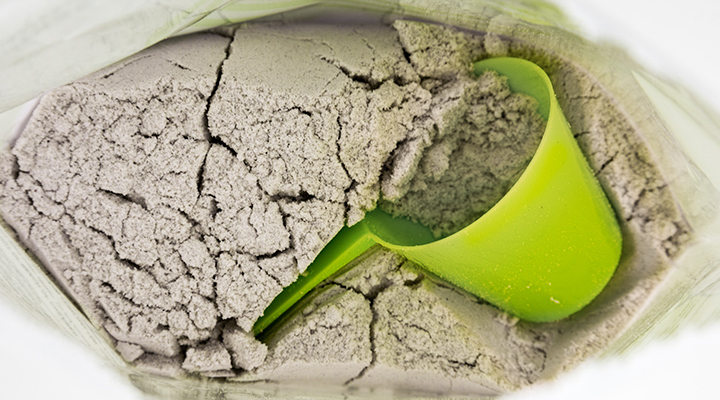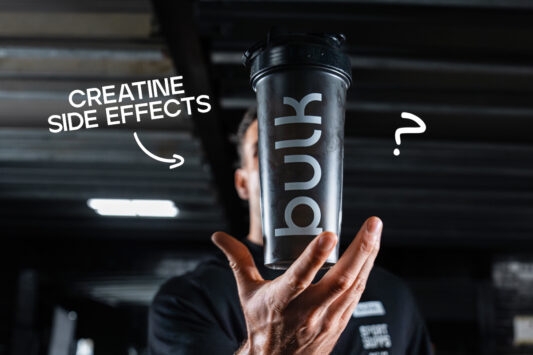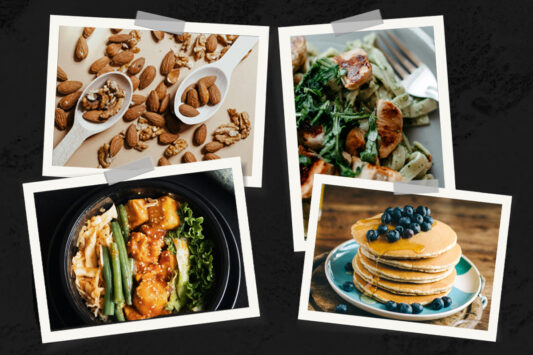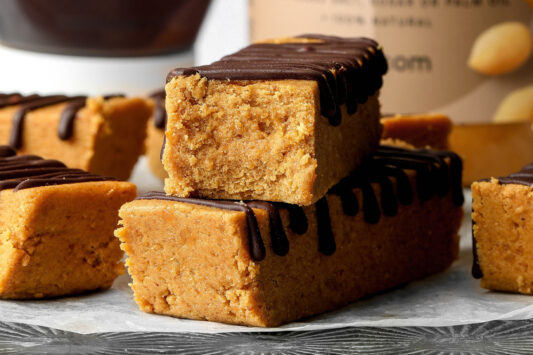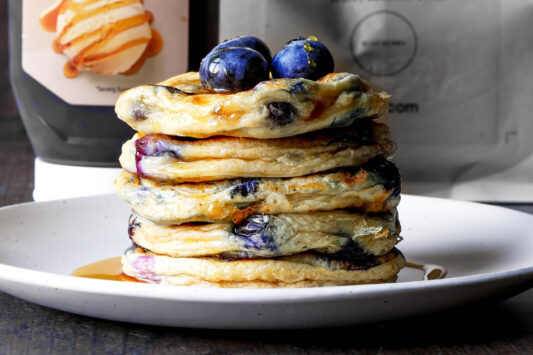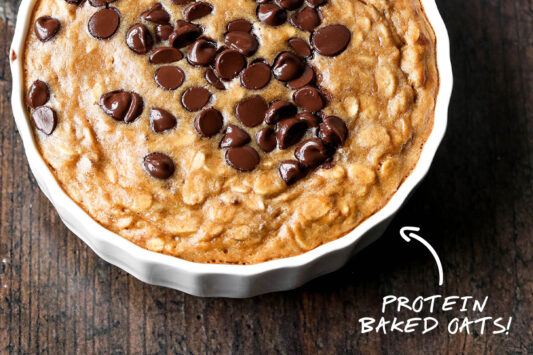All you need for “all them gains” is protein, right? It makes guys big and strong and just melts women’s body-fat (especially around the tummy). Everybody says it so it must be true, right?
Think again!
There is a common misconception about protein that it is the driving force behind muscle mass and size; something usually more associated with men. On the other side of the coin, some people are led to believe that protein will make you lose weight and this, broadly speaking, is usually more associated with women.
Protein is not an anabolic drug or performance enhancer; it’s a macronutrient. Basically, it’s food! Ladies, it’s time to stop fearing protein and the mass it will apparently add because if protein really did make you massive, it would be A LOT more expensive than it is!
I’ve laid out the reasons why you need it in your diet, where to find it and the benefits of packing protein into your nutrition plan. Protein isn’t sexist – women need it too!
What is protein?
Protein is one of the three macronutrients along with carbohydrates and fat. Simply put, protein is food! The reason why people assume protein drives muscle growth and size is because it is indeed required for muscle growth due to its chemical composition, not because it has some magical power that builds you a six-pack (if only!).
Muscle tissue is composed of protein, which in turn is made up of hundreds of amino acids stuck together. When eaten and digested, these amino acids are used as the raw material to build new, and often bigger and stronger muscle tissue in your body. Of course, protein does a lot more than this – including metabolic regulation and immunity – but this is the reasoning behind the whole “protein makes you massive” fallacy.
Who needs it?
Protein is neither gender specific or goal-specific. Whether or not you’re a man or a woman or want to gain weight or lose weight; you still need it in your diet. Protein intake becomes more important when in a caloric deficit (ie. dieting) as it helps prevent muscle loss. If you’re trying to gain weight or muscle mass, protein intake is vital as it provides your body with the raw materials to build that muscle! Even if your goal is to maintain your weight, protein remains a vital part of your diet as it is involved in many other processes unrelated to muscle growth but imperative to a healthy body.
To sum up; it’s important no matter who you are or what you’re goal is!
Why is it so important?
We know by now that protein is vital for muscle growth, repair and for the prevention of muscle loss while dieting but there’s a lot more to this little macronutrient than its muscle-loving properties.
Your body is a complex system and in order for it to function efficiently, your cells need to communicate with each other and perform certain tasks such as sending special cells to the site of a wound in order to heal it or to attack invading bacteria.
How do your cells communicate with each other? Proteins!
What does your body use to fight invading bacteria, or to heal wounds? Proteins!
Without adequate protein intake in your diet, your cells won’t be able to have these little chats (and no-one likes that awkward silence). We need lively, chatty cells not the awkward “sitting in the back of a taxi” conversations!
In addition, the physical make-up of your body is composed almost all of protein – such as your skin, hair and nails. Protein deficiency can lead to weak and brittle nails and your skin loses elasticity and strength, which can lead to premature wrinkles and skin conditions.
Let’s avoid having to spend a months’ worth of wages on a tub of cream by keeping that protein intake in check.
I’m sold, where do I get it?
Protein is found in more than a Birthday Cake flavoured powder (although I would easily choose this over a chicken breast, any day!). Meat, fish and eggs are the holy grail of protein sources. However, if you’re following a vegan or vegetarian diet be sure to include protein rich legumes such as beans, peas, lentils and soybeans. It’s not all about the beans though (we all know what happens when we overdo the bean intake!) quinoa, brown rice and oats are also high in protein but also high in carbohydrates making it unsuitable for those following a low-carb diet.
Of course, protein powder is an excellent, affordable and delicious way to bump up your protein intake. Protein powder (such as whey, brown rice or soya protein) is made by extracting the protein from a food (milk, brown rice or soya beans) and leaving most of the fat and (sometimes) carbohydrates behind. This makes it ideal for those following a calorie or carbohydrate limited diet. Protein powders are often also enriched with antioxidants and highly bioactive compounds which aid in immunity, gut health and energy metabolism.
Common Misconceptions
I can understand where the confusion about protein stems from. Some people will claim that it will transform you into the next Arnold Schwarzenegger, while others promote protein as some form of weight loss pill. While it can indeed help in these two processes – it is in no way the cause of such outcomes.
Protein will not make you build muscle or become “bulky”; this will only occur if you are training hard and in a caloric surplus (eating more calories than you burn). “Bulkiness” occurs when you go a bit too far and eat far more than you require resulting in fat gain which covers the muscle making you appear “bulkier”.
On the flip side, protein will not make you lose weight either. Consuming more protein while dieting is beneficial as it keeps you feeling fuller longer but just taking an extra protein shake will not force your body to shed the pounds. To lose weight, you need to be in a caloric deficit (burning less calories than you consume) and if you start introducing more calories in the form of protein shakes you will only stall the weight loss. Taking a protein shake as a meal replacement is beneficial while dieting for the reasons mentioned above but don’t think of it as a weight-loss pill.
Remember, protein is just food!
Birthday Cake flavoured food.
What’s not to love?
About the Author
Michelle is a scientist, an athlete and a writer and she’s proud to have faced her demons head on and she’s beating them. In weight lifting she found an outlet to help change her life – and she’s loving it! Follow her journey with Bulk.
